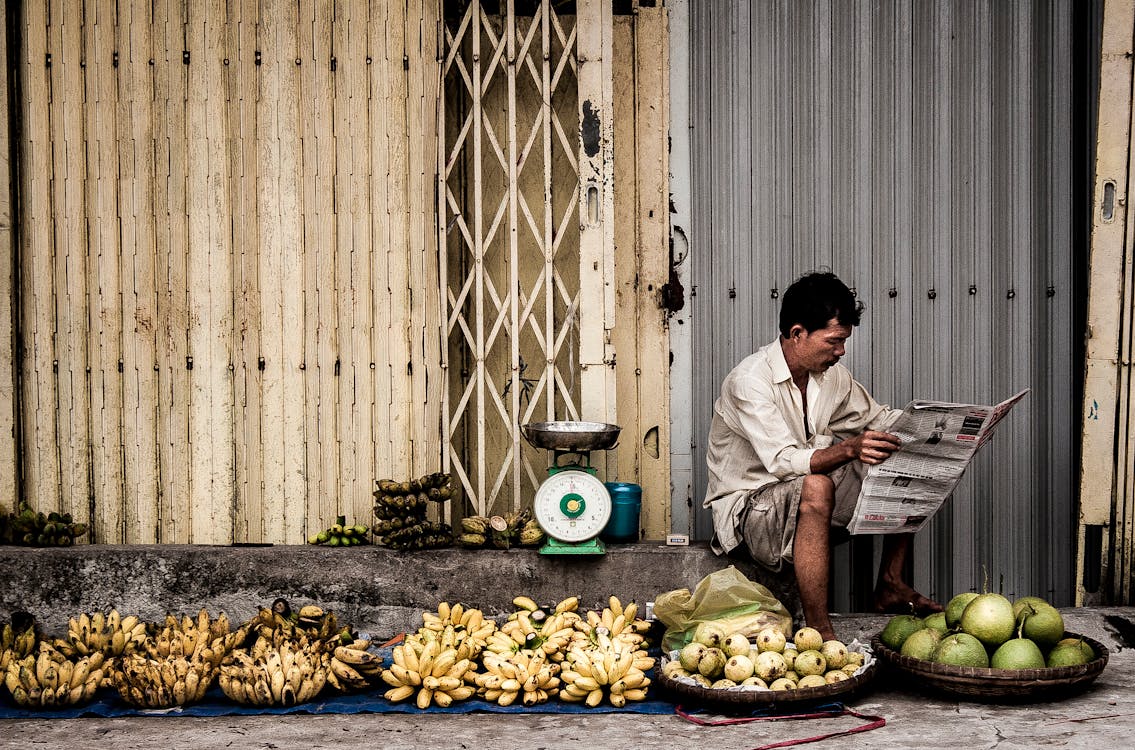In a significant stride towards enhancing urban resilience and fostering sustainable growth, the World Bank has approved a $130 million project to improve livability in the central province's capital city, Vinh. The transformative endeavor aims to directly benefit approximately 250,000 residents residing in the urban core, elevating their quality of life and bolstering disaster preparedness.
Vinh City, a political, economic, and cultural hub in the north-central coastal region, has grappled with flooding challenges, leading to detrimental impacts on public health and overall well-being. The ambitious project seeks to mitigate flood risks and promote public health by connecting 30,000 households to new or rehabilitated secondary and tertiary sewers. Moreover, it aspires to alleviate the burden on women, reducing the time spent on unpaid housework, including cleaning, post-flooding.
The initiative holds a dual purpose of climate adaptation and mitigation. By ameliorating damage from heavy rains, it contributes to climate adaptation, while enhancing living conditions in the city's center and constructing pedestrian and bike lanes to encourage sustainable transportation options aligns with climate mitigation efforts.
Vietnam Country Director for the World Bank, Carolyn Turk, emphasized the comprehensive nature of the project, emphasizing that it transcends mere infrastructure development. She asserted that the initiative embodies the World Bank's unwavering commitment to empowering Vietnam in achieving sustainable urbanization and resilient growth.
"The project design leverages valuable insights on urban resilience and disaster risk management garnered from Vietnam's experience, aligning with the World Bank's Vietnam Country Climate and Development Report," Turk stated. The project's support in strengthening flood prediction and response capabilities and promoting climate-sensitive urban planning exemplifies its dedication to holistic development.
Critical investments encompass flood control systems, wastewater collection and treatment infrastructure, and transport links, all aimed at fostering sustainable urban growth and climate resilience.
A pivotal aspect of the project revolves around tackling Vinh City's inadequate drainage system, which exacerbates stormwater pooling during heavy rainfall. To enhance the city's drainage capabilities, a new lake will be constructed, serving as a reservoir for excess stormwater runoff within an expanded flood basin.
Furthermore, the project endeavors to convert vacant land on both sides of the Vinh River into green public spaces, promoting a healthier and more aesthetically pleasing urban environment. Concurrently, waste collection and separation measures will be improved to curtail the quantity of plastic waste disposed into the rivers.
The World Bank's steadfast commitment to Vietnam's urban development was further exemplified with the approval of $194.36 million for the Dynamic Urban Integrated Development Project. This project aims to bolster urban planning capacity and enhance essential infrastructure in four medium-sized cities - Ky Anh in Ha Tinh Province, Tinh Gia in Thanh Hoa Province, Hai Duong, and Yen Bai Provinces - directly benefiting around 200,000 residents, with more than half being women.
As Vietnam forges ahead with initiatives to enhance livability and resilience across its urban landscapes, the World Bank's strategic partnership marks a pivotal milestone in the nation's pursuit of sustainable growth and prosperity. The approval of the $130 million grant is a testament to the shared vision of fostering a brighter and more resilient future for Vinh City and beyond.

